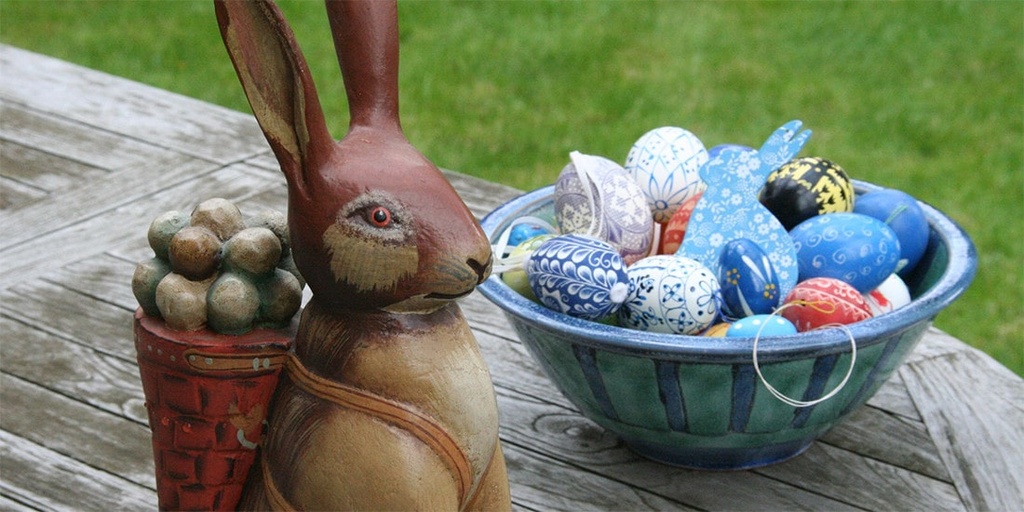Eco-friendly egg hunts
- Earth Points
- 2
- Ease
- Easy

Photo by Bee Felten-Leidel on Unsplash
Description
Though Easter egg hunts began in Germany in the 16th century, they were popularized by in the 1800s at Kensington Palace in England. They are a fun activity that people of all ages can enjoy. Make them even better by reducing the usage of polluting single-use plastic!
Nowadays, Easter egg hunts often include plastic eggs, baskets, and perhaps plastic grass to line the baskets. Because these items are designed to be used for Easter, they are usually thrown out after one use. They end up in landfills because they are difficult to recycle. Make your hunt eco-friendly by using reusable and sustainable options instead.
Happy Easter from the Earth Hero team! :-)
Tips
Options for eggs:
• Reuse the eggs you have each year. No need to waste money on buying more and creating more waste.
• If you need some new ones, use egg containers made from plant-based or recyclable materials.
• Looking for a fun project? Make eggs out of paper maché, which is mixing recycled paper, flour, salt, and sometimes glue, then drying. The result is a totally biodegradable egg.
Alternatives for baskets:
• Again, the best option is to reuse the ones you already have.
• Make your own basket out of materials you already have using online tutorials.
• Buy second-hand baskets.
• Consider asking a friend or neighbor if they are interested in an Easter basket swap to keep things fresh.
Alternatives for plastic grass:
• Be creative! Instead of using shredded paper, use green scarves, yarn, felt, or any other soft materials you have around the house that can be used again and again.
• Use fake grass made from 100% recycled paper.
• Make your own basket filling from recycled paper or newspaper.
• Use natural grass from your yard, planter, or indoor garden.
Finally, talk with others about what you have done to avoid creating new plastic waste. Let's appreciate the environment those eggs are hidden in!

